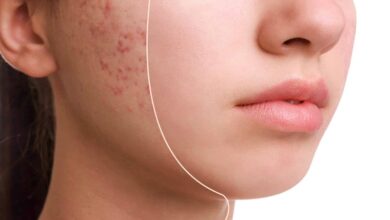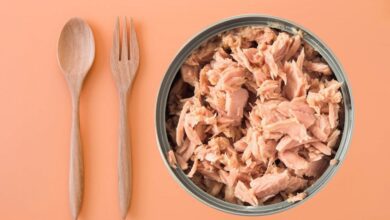6 nutritional supplements that should be avoided by those over 60 years old

1
When talking about the elderly, it should be known that some vitamins, minerals and nutrients can directly cause many health problems for the elderly, especially those over 60 years of age, and therefore they should be avoided in this age group. For this reason, we decided today to identify the 6 most important nutritional supplements that elderly people over the age of 60 must avoid taking at all to avoid exposure to many health crises.
Seniors and nutritional supplements


Seniors and nutritional supplements
When talking about proper nutrition systems, we can acknowledge that establishing healthy habits related to this matter in the early stages of life is one of the things that can contribute to maintaining a healthy body and structure. It is worth noting that these habits may include taking essential nutritional supplements to ensure obtaining all the vitamins and minerals that the body needs to address a specific deficiency.
However, what was beneficial yesterday could be harmful now, as the matter of taking vitamins and nutritional supplements may become more dangerous when you reach a stage over 60 years of age, and this is because some of these supplements are likely to cause many problems in the elderly due to their interaction. With some common prescription medications.
Therefore, you must primarily talk to the doctor responsible for following up with the elderly before taking nutritional supplements to ensure that they are safe to take during this age stage.
Nutritional supplements that should be avoided after reaching the age of 60
There are several types of nutritional supplements that you should avoid taking at all, especially when you reach the age of 60. It is worth noting that these supplements are as follows:
1) Vitamin supplements E
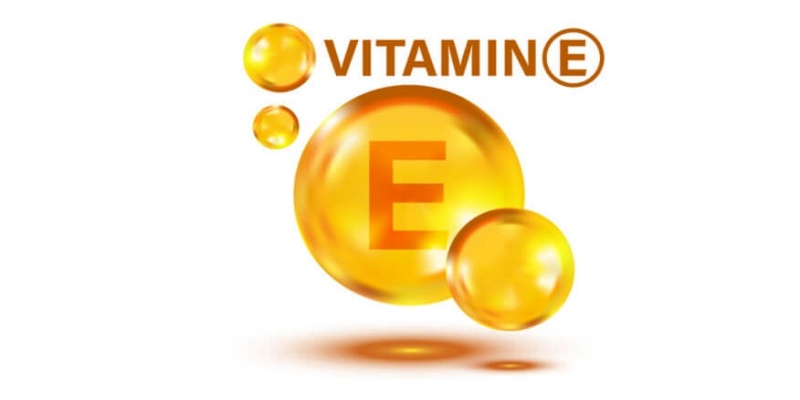

Vitamin E supplements
When we talk about vitamin E supplements, it is important to know that this vitamin is a wonderful immune booster and one of the best supporters of skin beautification and freshness. However, if you take the nutritional supplement for this vitamin without any specific prescriptions, it is necessary to take it with extreme caution. Or refrain from taking it at all until the matter is presented to specialist doctors.
Vitamin E is one of the most important antioxidants, which also prevents platelet aggregation, which may lead to an increased risk of bleeding in the elderly. It is worth noting that when taking some anticoagulants such as aspirin, Coumadin, and Eliquis to reduce adhesions, it is possible that Suffering here occurs from internal bleeding.
2) Magnesium supplements
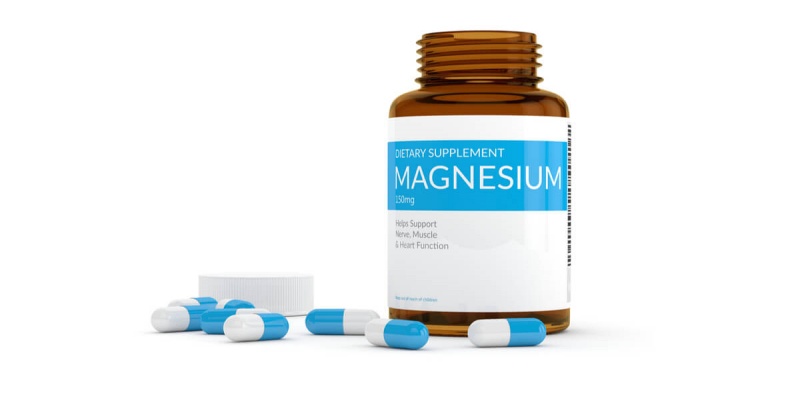

Magnesium supplements
Recently, magnesium has become one of the most popular nutritional supplements due to its many wonderful health benefits. It is important to know that it plays a wonderful role in controlling blood pressure, improving sleep quality, supporting regular bowel movements, and enhancing mood, but for the elderly, caution should be taken when taking these supplements.
It should be noted that this avoidance occurs because the presence of excess magnesium in the body can cause many changes in the levels of potassium and sodium, which then affects the heart rate. It is worth noting that this risk is higher for people whose kidneys do not work well and properly.
Read also: Nutritional supplements and when should we start taking them?
3) Ginseng supplements
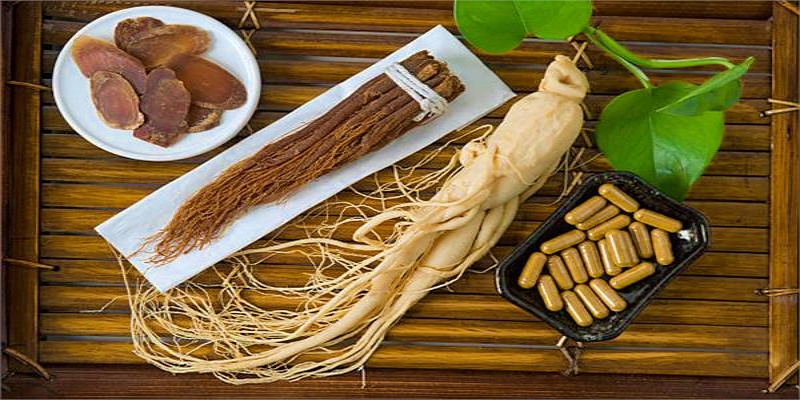

Ginseng supplements
Nutritional supplements of natural origin, such as ginseng, are among the best safe options for nutritional supplements, but depending on the health condition of the individual, especially those over 60 years of age, we must reconsider whether people in this category can take these supplements or not.
It should be noted that the ginseng herb has been used for thousands of years, as it is considered one of the most important systems of ancient preventive medicine. This is because it works to support memory and enhance immune health. However, on the negative side, it is possible for this type of supplement to interfere with the effects of diabetes medications and thus cause In reducing blood sugar.
4) St. John’s wort supplements
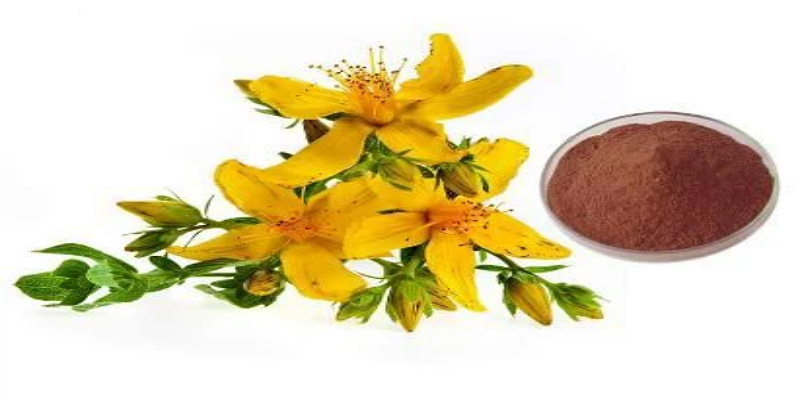

St. John’s Wort Supplements
Some individuals resort to taking St. John’s wort as a natural and healthy way to treat mild depression, but regarding the active ingredient found in this plant, which is called (hyperforin), it can sometimes cause many problems, especially when taken with some other medications.
In general, St. John’s wort can interact with many medications, such as statins, blood thinners such as warfarin, antidepressants, migraine medications, and digoxin prescribed to treat heart failure.
5) Ginkgo biloba supplements
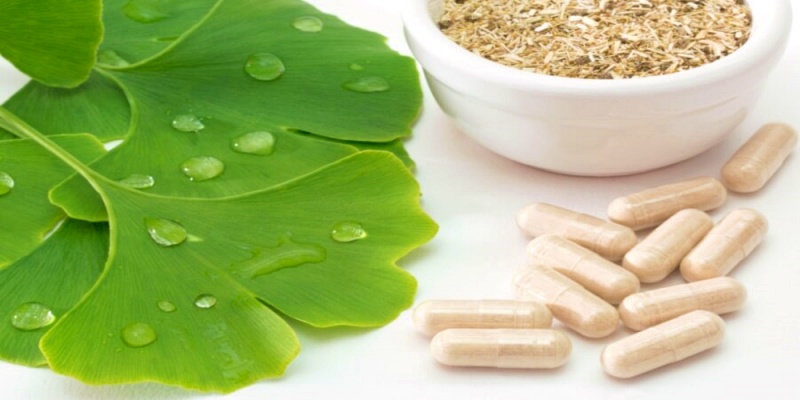

Ginkgo biloba supplements
Ginkgo biloba supplements are considered one of the most important nutritional supplements that play an effective role in helping to enhance cognitive health and improve memory. However, This supplement can pose a big problem for many people, especially the elderly and those who take certain medications.
It is worth noting that ginkgo supplements may increase the risk of bleeding, especially for people who take blood-thinning medications or suffer from bleeding problems. In addition to its noticeable negative interactions with antidepressants and diabetes medications.
Therefore, when you want to support brain health, it is preferable to eat foods rich in antioxidants, such as berries and green leafy vegetables, relying on natural elements and avoiding supplements, especially with the elderly.
6) Turmeric supplements
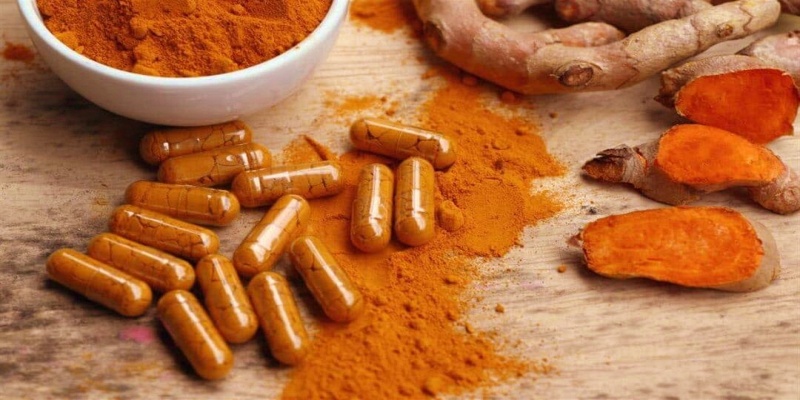

Turmeric supplements
In addition to turmeric being one of the best essential spices, its supplements have gained popularity recently due to their many and varied benefits. However, experts may point out that this supplement can create dangerous interactions when taken with other medications.
It is worth noting that turmeric is famous for its anti-inflammatory properties, and therefore it can negatively affect some medications that are taken, such as iron, as it reduces iron absorption. In addition to its role as a blood thinner, this poses a great risk, especially when taking blood thinners. Hence, the risk of suffering from blood thinners increases, as taking blood thinners other than turmeric can cause bleeding or bruising.

